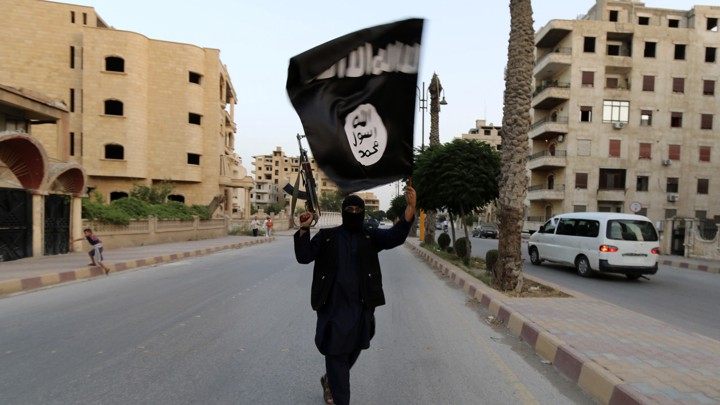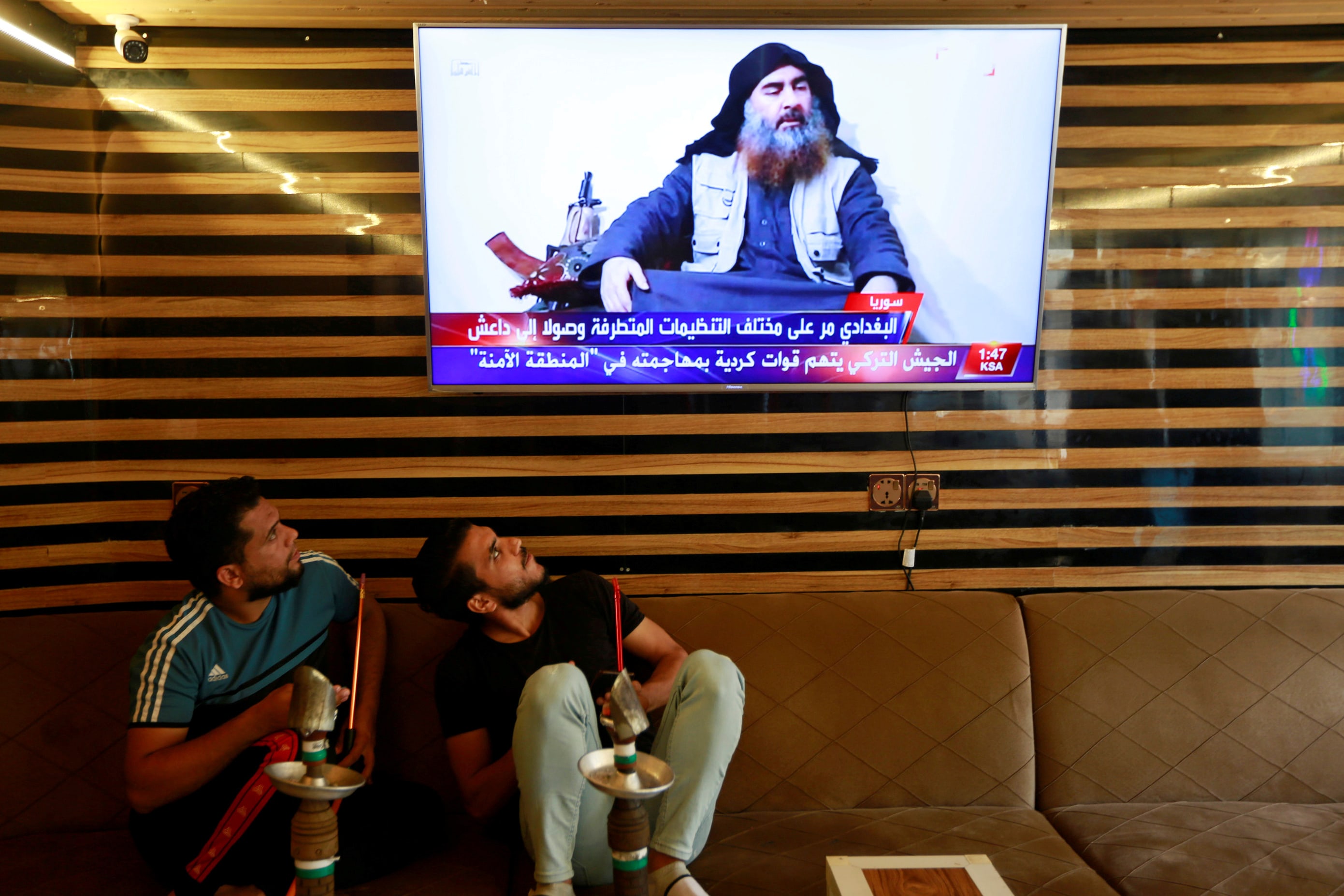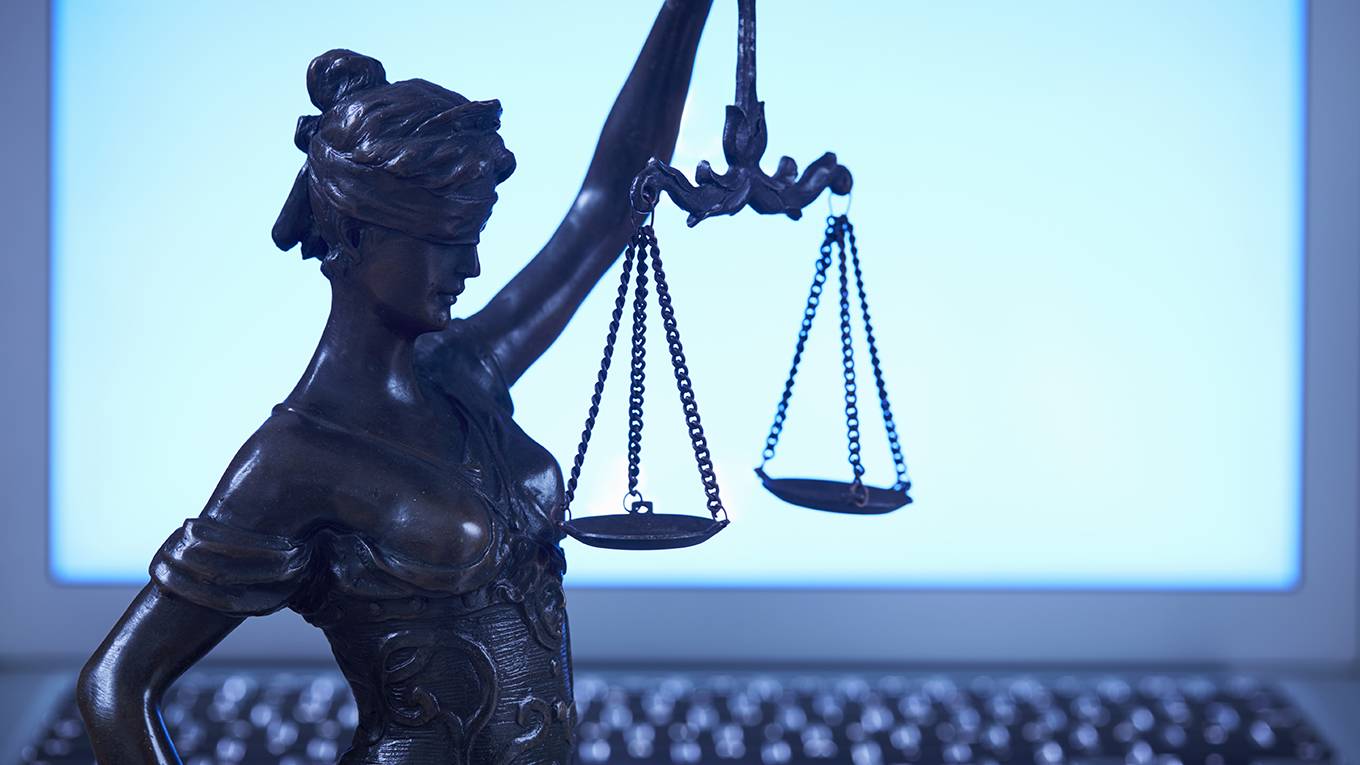By Biswajit Dhar
 The Regional Comprehensive Economic Partnership (RCEP) is a proposed mega-regional trade pact being negotiated between ASEAN and their six FTA partner-countries (India, Australia, China, Japan, South Korea, and New Zealand) since 2012. It covers a wide range of issues, including trade in goods, trade in services, investment, intellectual property rights, competition policy, dispute settlement, and economic and technical cooperation.
The Regional Comprehensive Economic Partnership (RCEP) is a proposed mega-regional trade pact being negotiated between ASEAN and their six FTA partner-countries (India, Australia, China, Japan, South Korea, and New Zealand) since 2012. It covers a wide range of issues, including trade in goods, trade in services, investment, intellectual property rights, competition policy, dispute settlement, and economic and technical cooperation.
This briefing paper begins by summarizing the negotiating mandate of the RCEP and shows how major participating countries have pushed the negotiations towards deeper economic integration, influenced by their simultaneous engagements with other bilateral and regional integration initiatives, especially the TPP. The paper provides an assessment of the ongoing RCEP negotiations, keeping in view some of India’s core interests and policy directions in the areas of agriculture, manufacturing, intellectual property rights, and investment protection.

















